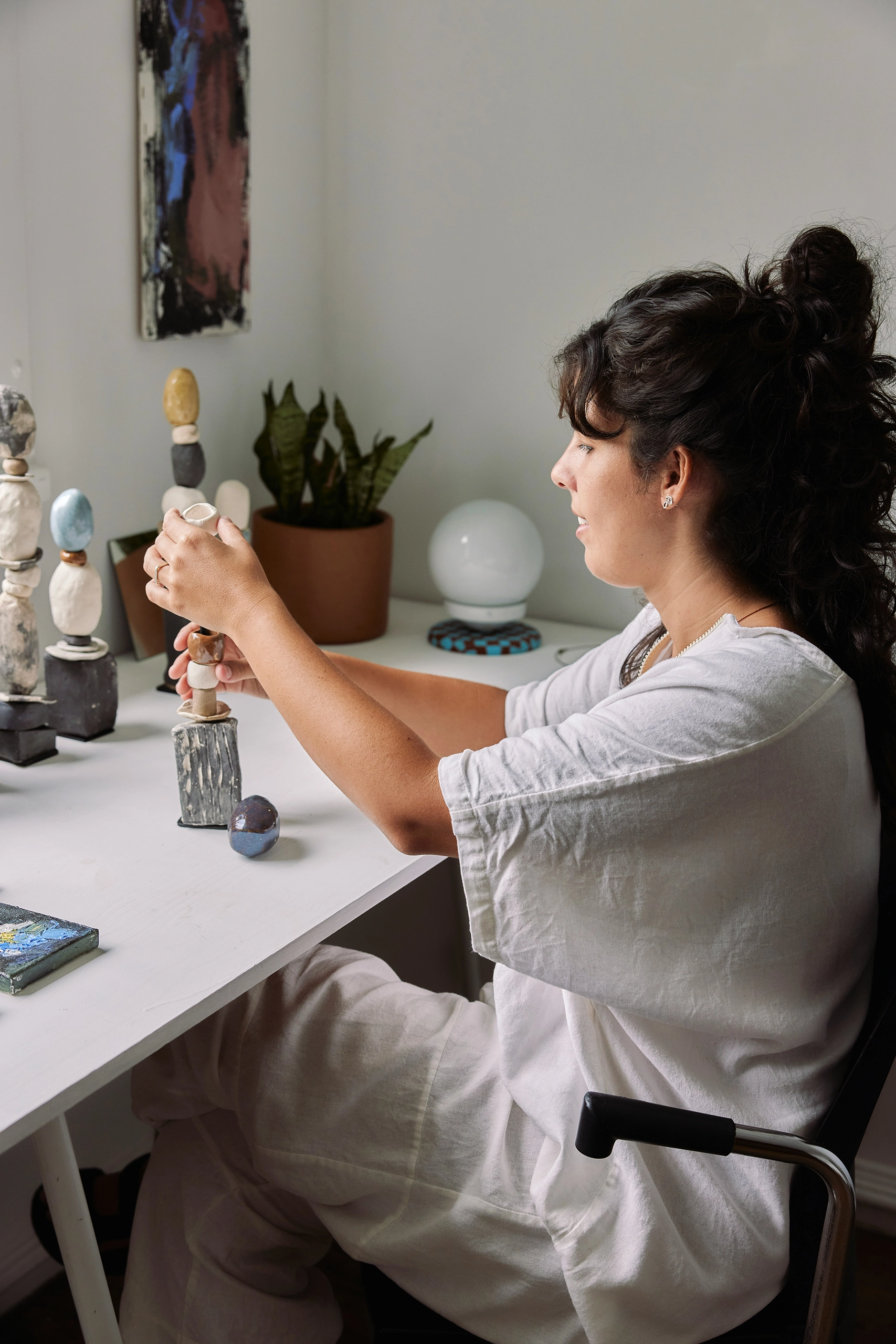Importance of Enhancing Self-Care
Improving self-care and hygiene routines is crucial for individuals with autism, aiding their independence and well-being. Enhancing self-care tasks include brushing teeth, washing hands, bathing, dressing, and using the toilet. Challenges like motor skill difficulties, sensory sensitivities, and communication barriers often complicate these tasks.
Techniques Used by Therapists
Therapists employ a variety of techniques to help individuals with ASD develop and improve self-care and hygiene routines. While Board Certified Behavior Analysts (BCBAs) and Registered Behavior Technicians (RBTs) play significant roles in this process, other professionals such as Occupational Therapists also contribute crucial expertise.

Task Analysis
Performed by: BCBAs and RBTs
Description: Breaking down tasks into manageable steps and teaching each step sequentially ensures mastery. For example, brushing teeth can be divided into picking up the toothbrush, applying toothpaste, brushing, rinsing, and putting the toothbrush away.

Visual Supports
Performed by: BCBAs (RBTs can be implemented under supervision)
Description: Using visual schedules, charts, and step-by-step guides helps individuals follow routines independently. These supports are particularly useful for those who struggle with verbal instructions.
Visual Supports
Performed by: BCBAs (RBTs can be implemented under supervision)
Description: Using visual schedules, charts, and step-by-step guides helps individuals follow routines independently. These supports are particularly useful for those who struggle with verbal instructions.


Behavioral Interventions
Performed by: BCBAs and RBTs
Description: Techniques like positive reinforcement, prompting, and gradual fading of assistance encourage and maintain self-care behaviors. Rewarding correct completion and providing cues help individuals remember steps.

Sensory Integration Therapy
Performed by: Occupational Therapists (not typically by BCBAs or RBTs)
Description: Occupational therapists help individuals manage sensory sensitivities. Activities to desensitize textures, sounds, and smells make self-care tasks less overwhelming.
Sensory Integration Therapy
Performed by:Occupational Therapists (not typically by BCBAs or RBTs)
Description: Occupational therapists help individuals manage sensory sensitivities. Activities to desensitize textures, sounds, and smells make self-care tasks less overwhelming.


Motor Skills Development
Performed by: Occupational Therapists (OTs) (not typically by BCBAs or RBTs)
Description: Improving fine and gross motor skills is essential. Occupational therapists design exercises to enhance coordination and precision, such as playing with playdough or using tweezers.
Start Your Child’s ABA Therapy Journey Today
Our compassionate, collaborative ABA therapy empowers children and families to thrive. Together, we nurture connections, fuel progress, and embrace a brighter future through evidence-based care.
Outcomes
Improving self-care and hygiene routines in individuals with ASD leads to several significant outcomes that enhance their overall quality of life:
- Greater Independence: Mastering self-care skills reduces reliance on caregivers.
- Enhanced Self-Esteem: Successfully managing self-care tasks boosts confidence.
- Reduced Caregiver Burden: Increased independence allows caregivers to focus on other support areas.
- Improved Physical Health: Effective self-care routines ensure better hygiene and grooming.
- Social Acceptance and Inclusion: Independent self-care enhances social acceptance and inclusion.
Conclusion
Developing self-care and hygiene routines is vital for individuals with autism. Techniques like task analysis, visual supports, and behavioral interventions, alongside occupational therapy for sensory and motor skills, provide comprehensive support. These strategies foster independence, boost self-esteem, and improve overall well-being.

